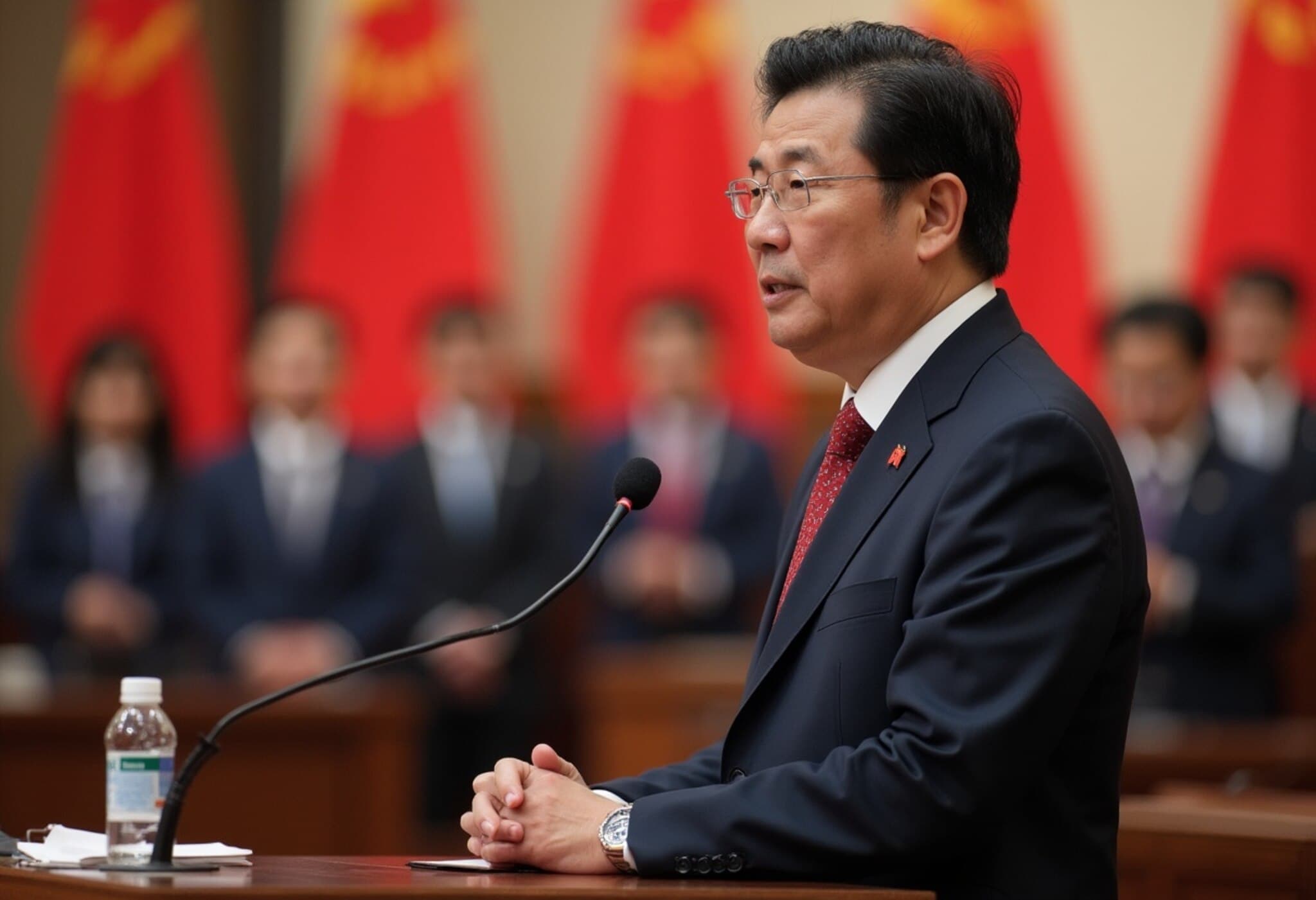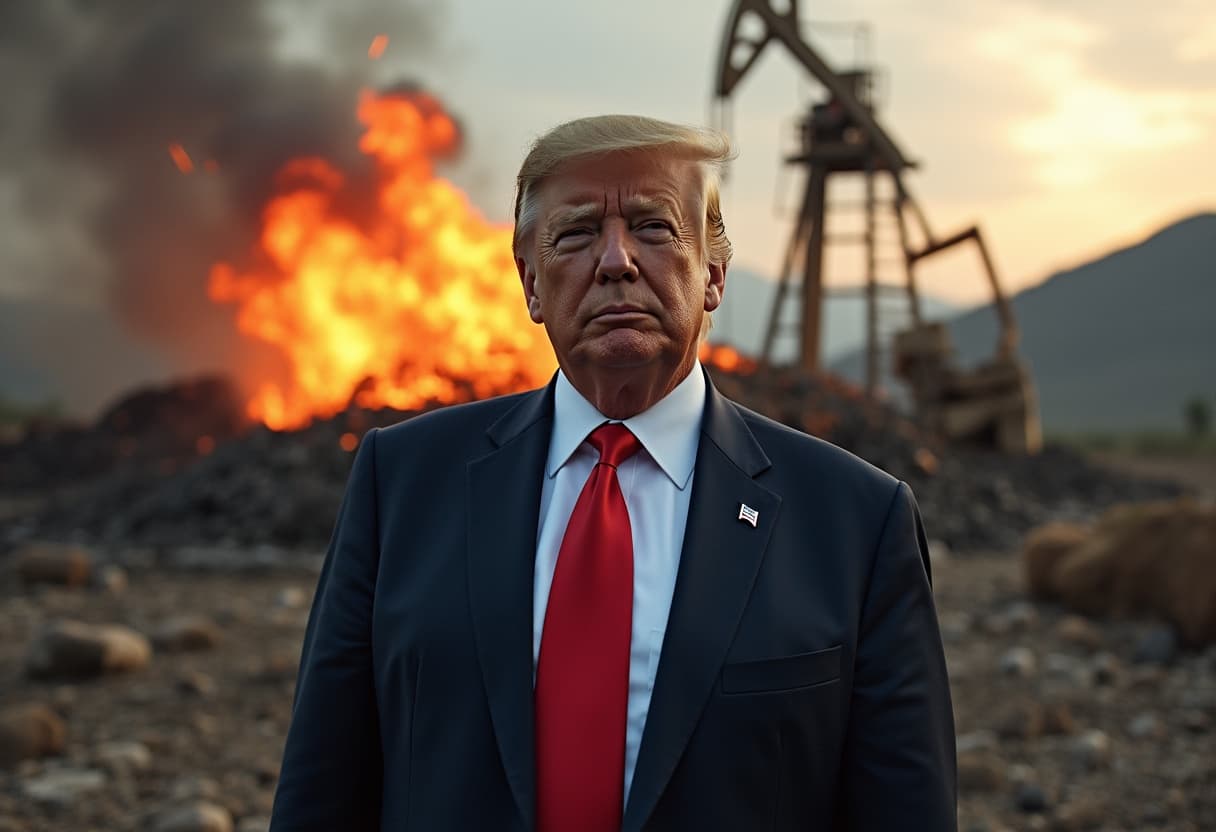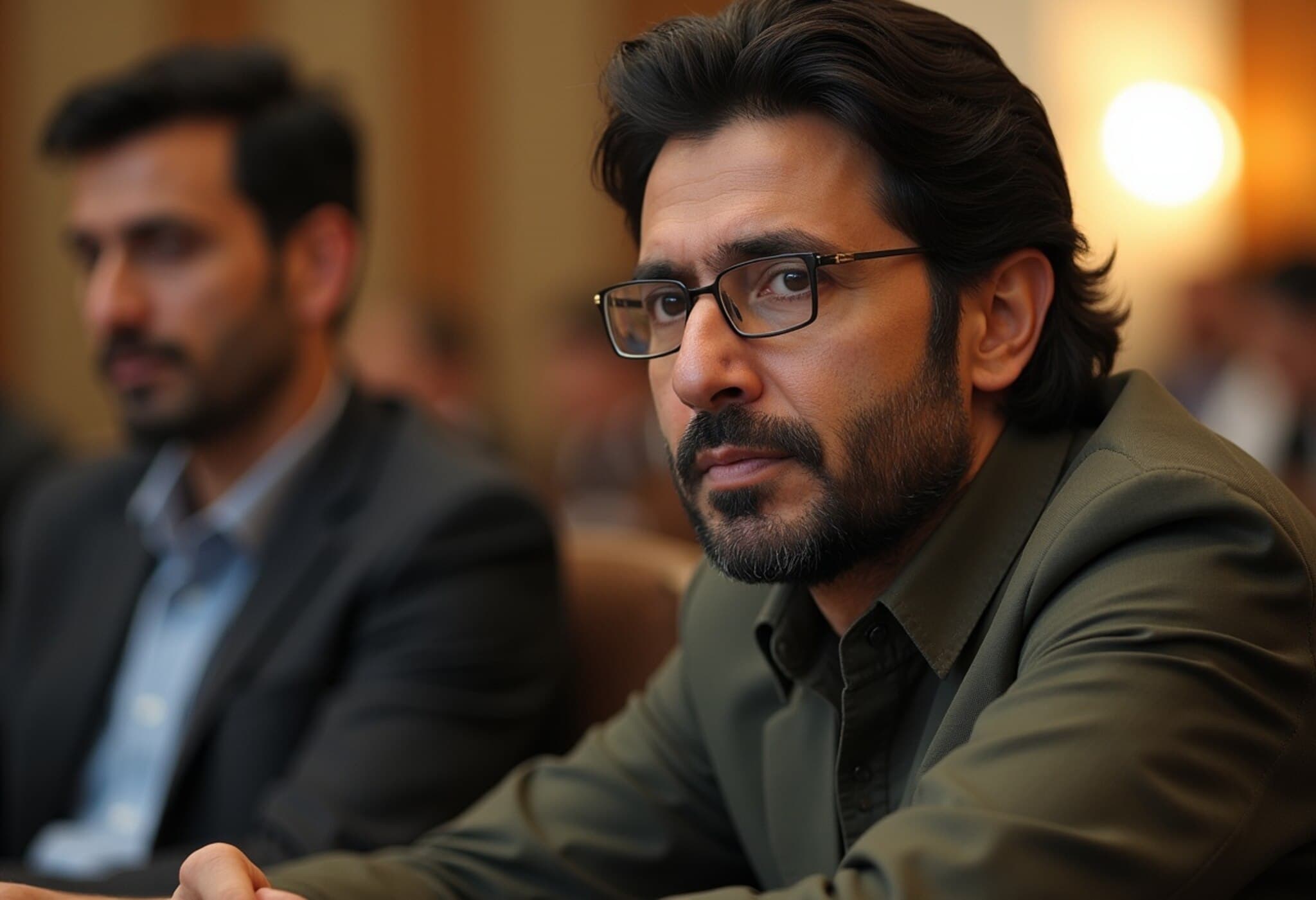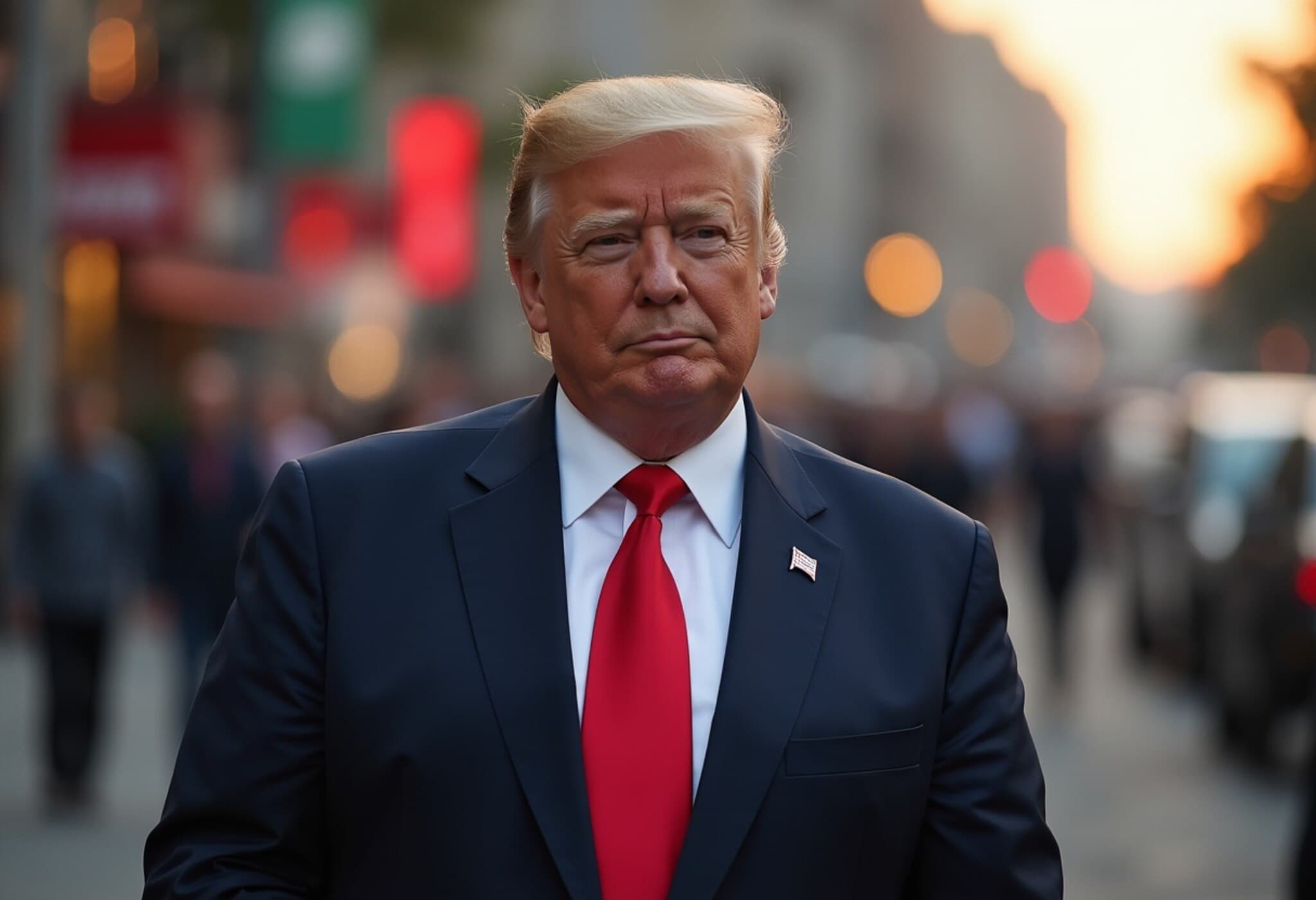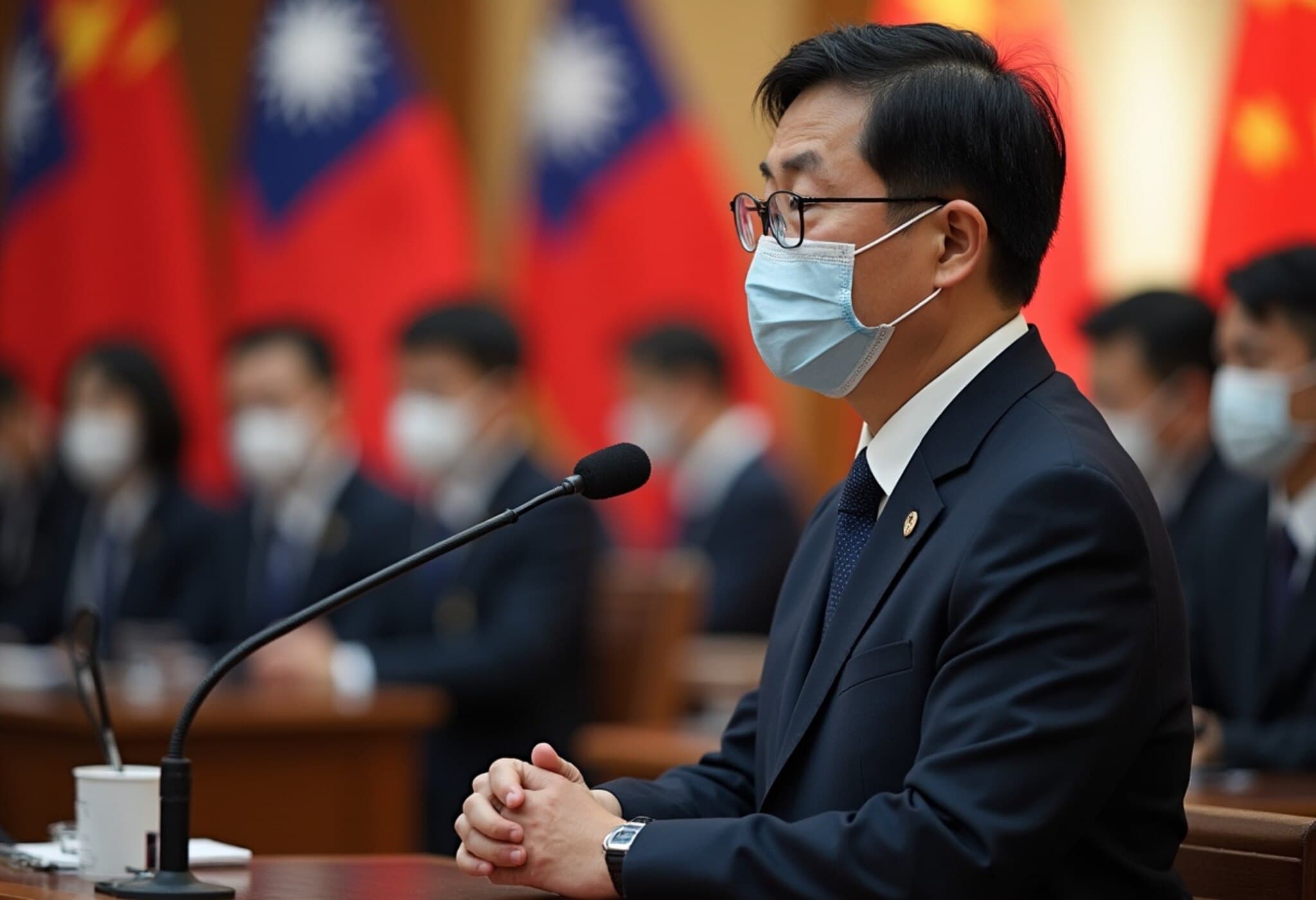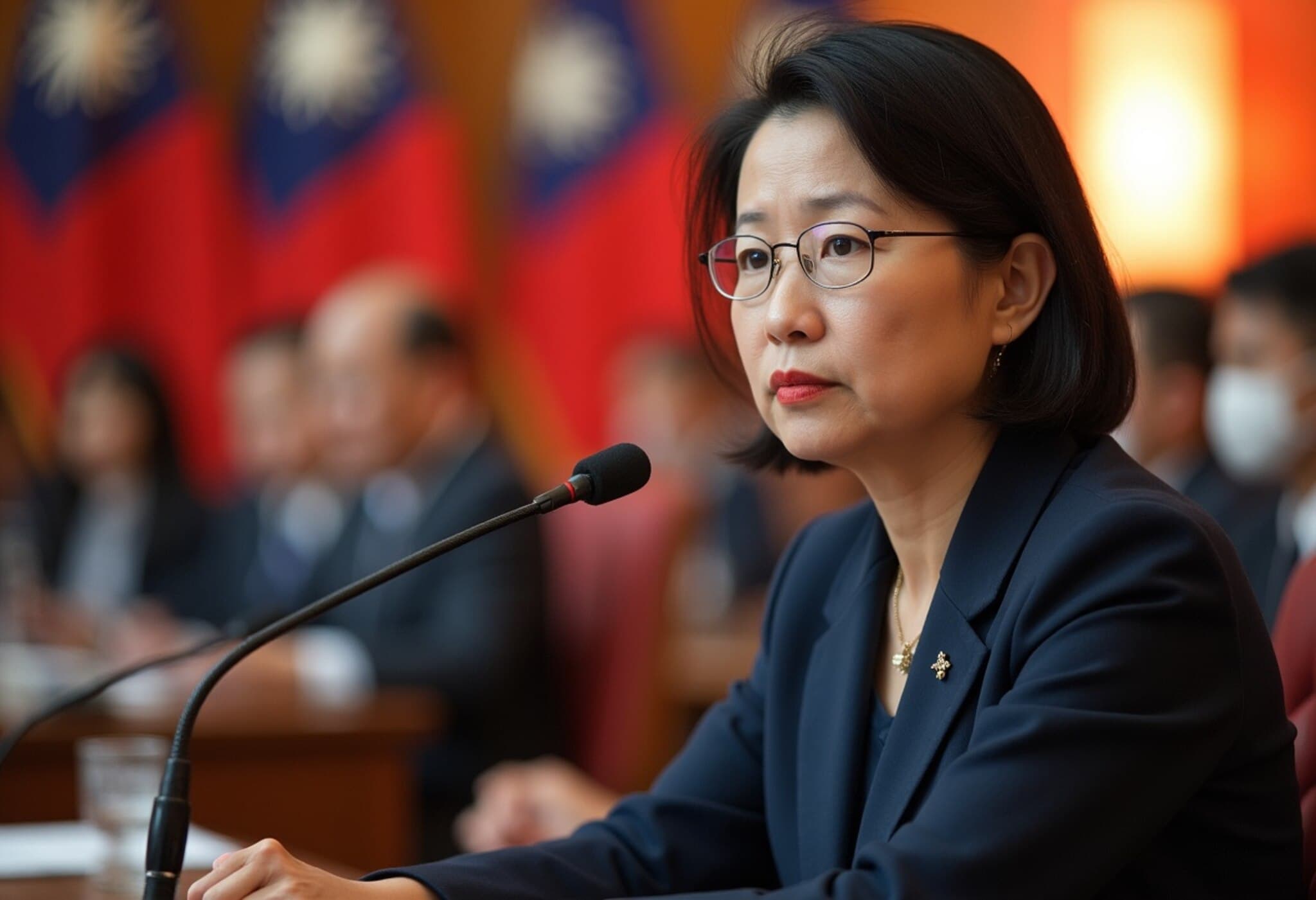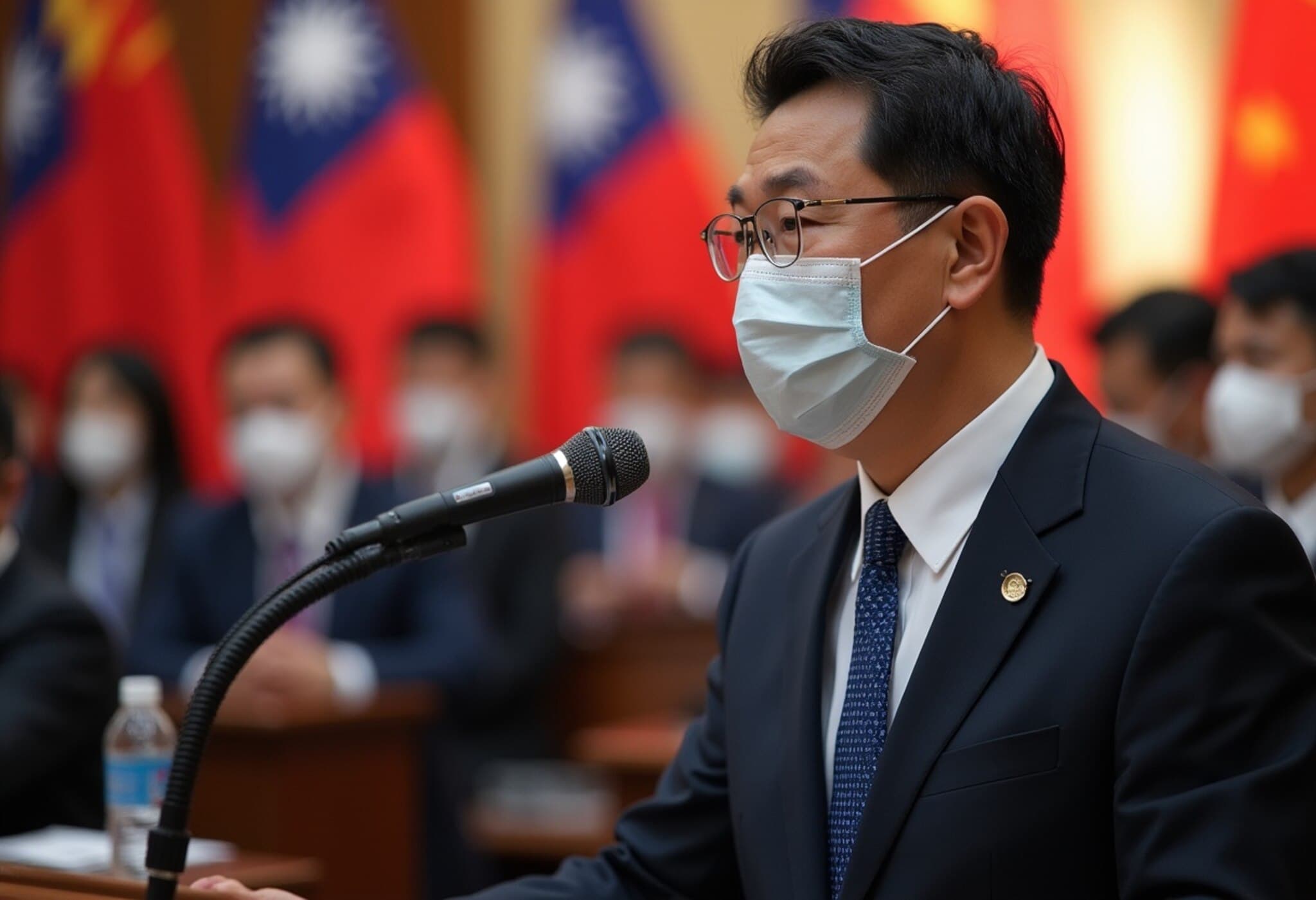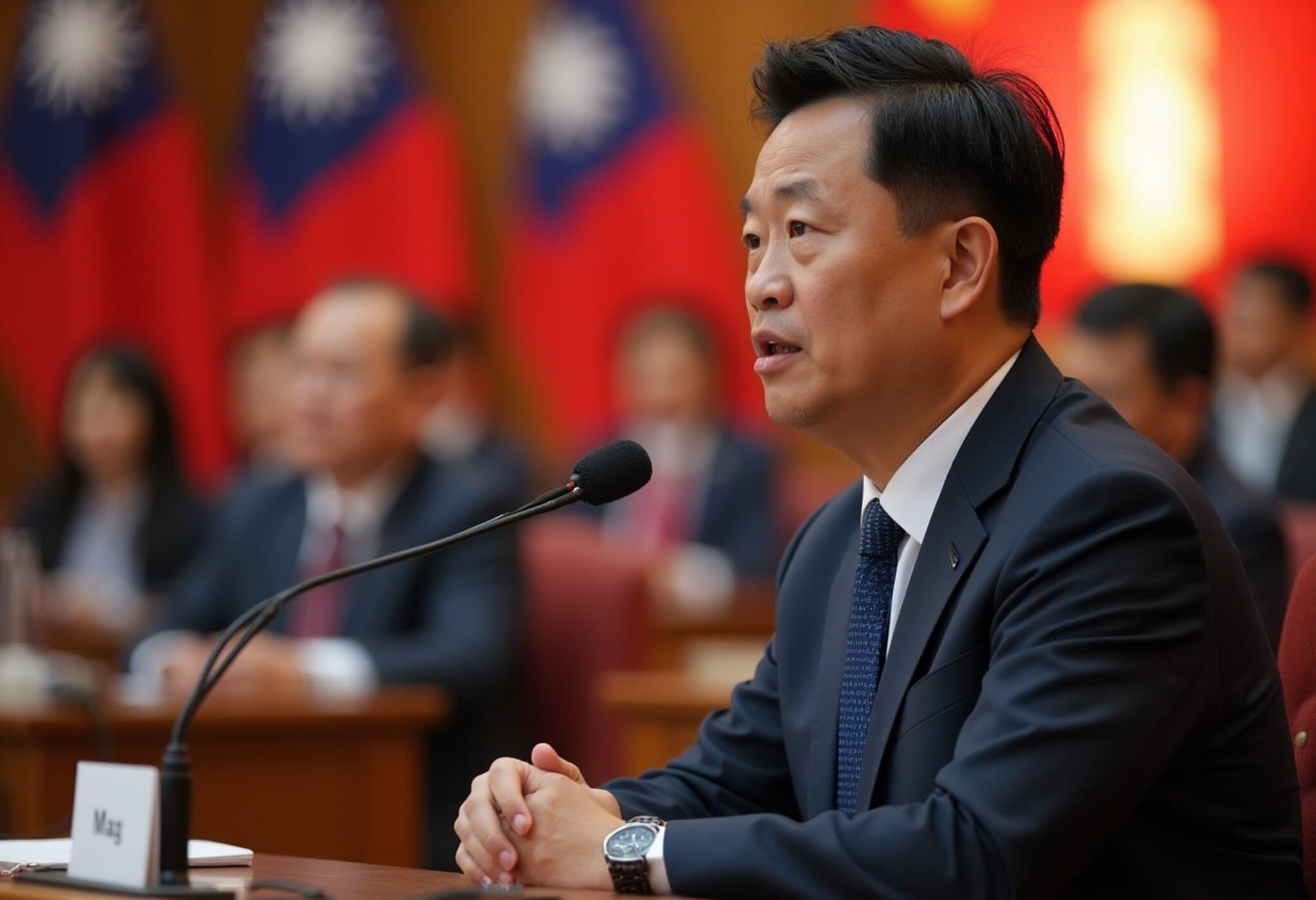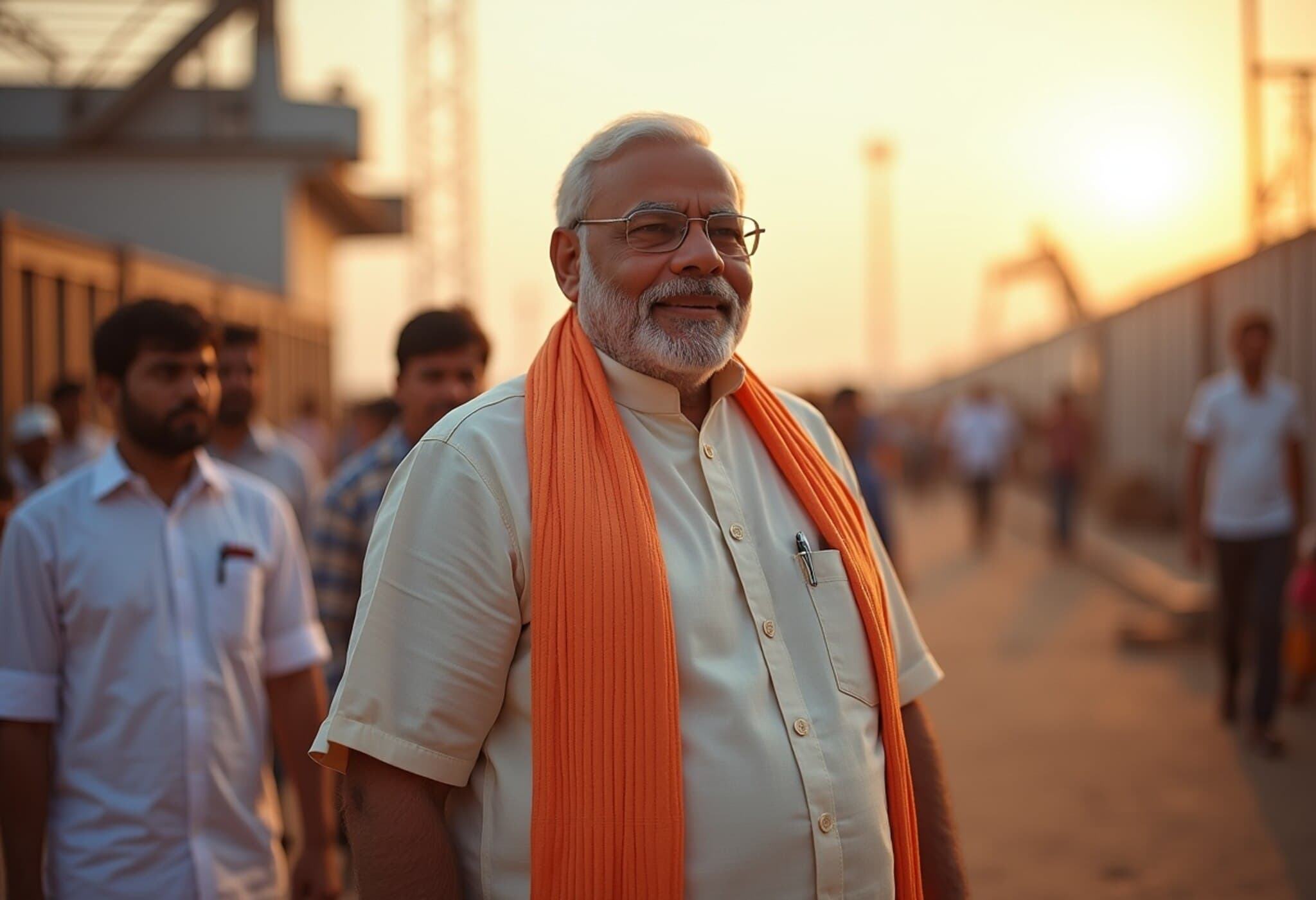Taiwanese Opposition Defies Recall Vote Amid Political Tensions
In a significant political development on July 26, 2025, Taiwan’s opposition party, the Kuomintang (KMT), survived a sweeping recall vote targeting nearly one-fifth of the island’s parliamentarians. This electoral outcome marks a notable setback for President Lai Ching-te’s Democratic Progressive Party (DPP), signaling a public rebuke of the ruling party’s governance amidst intensifying cross-strait tensions.
Recall Vote Results: A Resounding Endorsement for KMT
All 24 KMT legislators facing recall retained their seats, according to live tallies reported by Taiwanese media. The recall effort, driven by civic groups and framed as an "anti-communist" campaign, sought to unseat opposition lawmakers accused of undermining Taiwan’s defense priorities and engaging too closely with Beijing. Supporters argued the recall would bolster Taiwan’s stance against Chinese influence, though critics decried it as a threat to democratic norms.
This marks the island’s largest recall effort to date, yet the electorate decisively rejected the majority of these ballots.
Implications for President Lai and the DPP
The failure to remove KMT legislators deals a blow to President Lai’s vision to consolidate legislative power after the DPP’s diminished majority in last year’s election. The opposition has since leveraged its position to resist government policies including increased defense spending. This political stalemate unfolds amid Beijing’s sustained military and diplomatic pressure aimed at reinforcing its sovereignty claims over Taiwan — a claim Taipei firmly refutes.
KMT Chairman Eric Chu, responding to the result at a Taipei press briefing, called for President Lai to acknowledge defeat and reconsider his approach. “One should not lose the elections and then call for malicious recalls,” Chu emphasized. “The people of Taiwan chose stability and effective governance over political infighting.”
Cross-Strait Dynamics and Democratic Resilience
China’s Taiwan Affairs Office and state media closely monitored the recall vote, amplifying criticisms akin to those advanced by the KMT, while lambasting President Lai as a "separatist." The Taiwanese government publicly condemned what it termed “unprecedented election interference” by Beijing, underscoring the island’s commitment to self-determination and democratic process.
DPP legislative caucus secretary-general Wu Szu-yao acknowledged the external pressures. “China was trying everything it could to intervene, from military threats to disinformation campaigns,” she said. “This result strengthens our resolve to uphold Taiwan’s democratic values.”
Understanding the Underreported Angles
- Political Strategy and Public Sentiment: The recall vote is as much about Taiwan’s internal political contest as it is about the island’s identity and security strategy, reflecting a polarized electorate wary both of authoritarian influence and partisan brinkmanship.
- Impact on U.S.-Taiwan Relations: Taiwan’s political stability is a pivotal factor in the broader Indo-Pacific geopolitical landscape, especially in the context of rising U.S.-China rivalry. The resilience of Taiwan’s legislative framework amid recall attempts may inform Washington’s policy calculations.
- Democracy Under Pressure: The recall campaign highlights emerging challenges democracies face when foreign adversaries exploit instrumental political mechanisms to weaken governance and public confidence — an underexplored aspect in Taiwan’s struggle.
What Lies Ahead?
Further recall votes targeting seven KMT lawmakers are slated for August 23, keeping political tensions high. Both the DPP and KMT appear entrenched, with rhetoric escalating around accusations of “dictatorship” by the DPP and “selling out” by the KMT.
The continued balancing act between safeguarding democratic processes and navigating China’s pressure will test Taiwan’s political maturity and resilience.
Editor’s Note
The survival of the KMT in this historic recall vote serves as a testament to Taiwan’s robust democratic spirit but also shines a spotlight on the fragility of political consensus in a highly polarized society. As Beijing intensifies pressure, Taiwan’s choice of leaders and political strategies will carry profound consequences not just domestically but for regional security. Observers should watch how Taiwan’s democracy withstands such multifaceted challenges, especially under the looming shadow of authoritarian influence.

